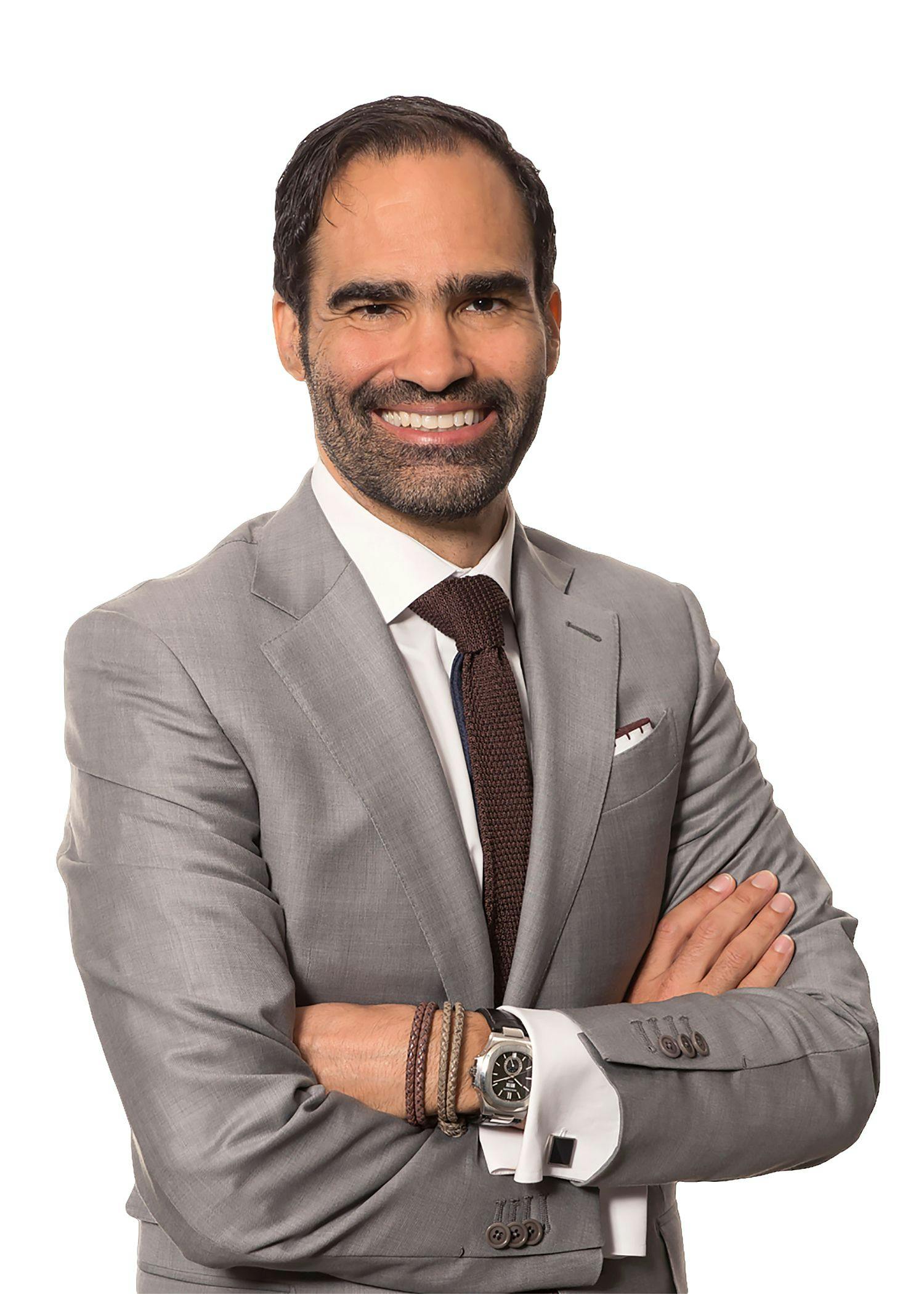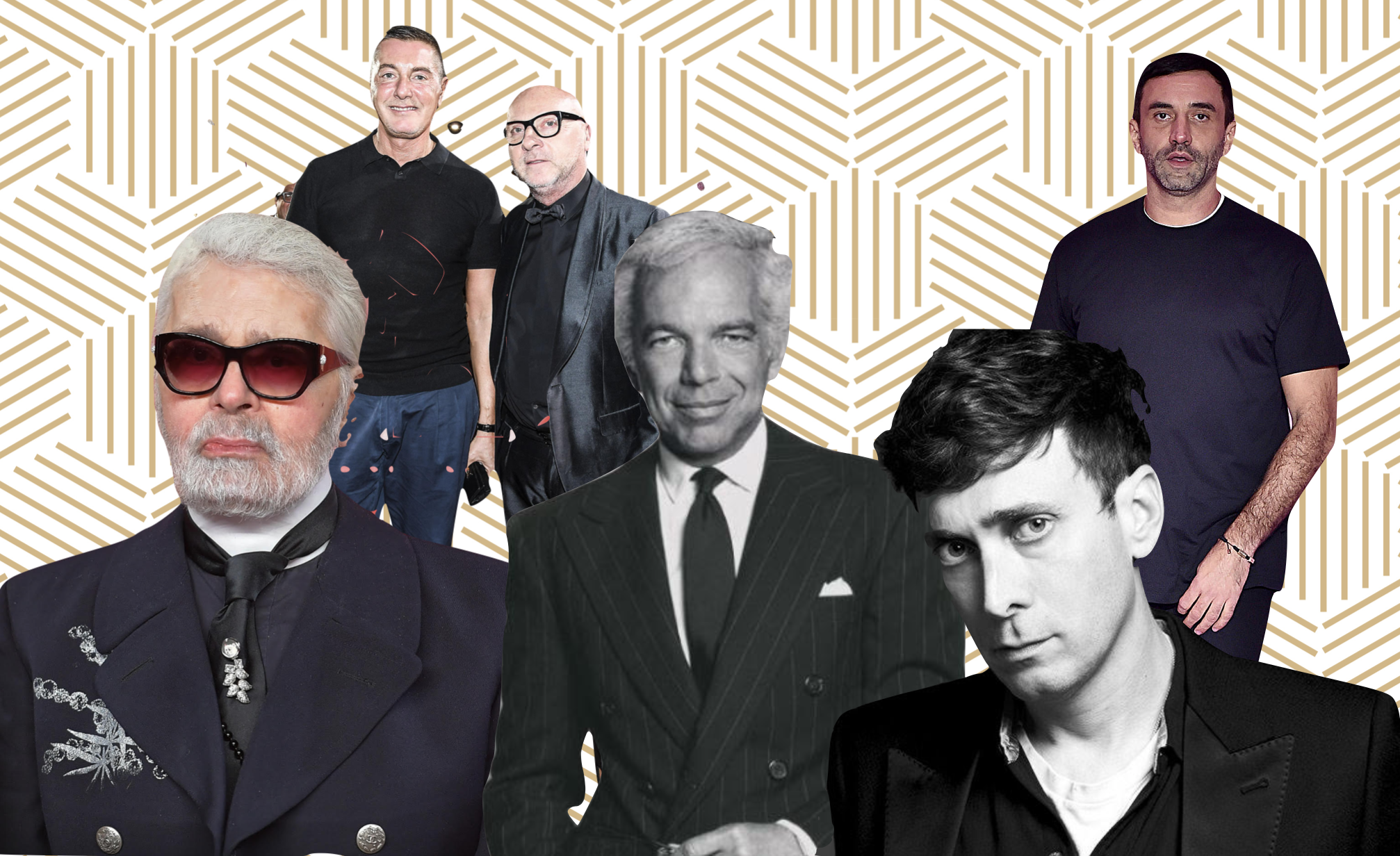Much has been written about the drama around Dolce & Gabbana that unfolded on November 19. It is a reminder of how close opportunities and risks are in our current world of globalization, digitization and acceleration. It's also a warning for other luxury brands doing business outside of their home markets.
Brand messages can be communicated all over the world with just a mouse click. Local celebrities and influencers endorse brands, help to connect and signal closeness to consumers in China, Japan, Korea or elsewhere. This feeling of closeness can be a trap, especially if those who are responsible for a brand take local decisions at headquarters far away. Many global managers lack local insight, and corporate decision-making processes don't always give local managers enough power, autonomy and voice.
Assuming that one global approach fits all will lead to failure, especially when it comes to China. A belt that sells in Shanghai may not sell in Hong Kong, and a bag that consumers in Guangzhou can’t wait to wear may be the wrong item in Beijing. With so many local differences within a country, the management of the overall brand becomes even more critical. On top of that, many Chinese consumers feel that Western brands look down on them, and they react in a sensitive way to what they think is not right. What someone in Italy may envision as relevant for Chinese consumers, may be precisely the opposite.
And something else is different in today’s reality: with social media and e-commerce, everything happens in real time. From the escalation of a crisis to being taken off store shelves. In the era of brick-and-mortar distribution the decision to discontinue a product line or close a store was a big deal and not a quick action. Today, shutting down an e-commerce site can happen in seconds. And the world will know about it at an even faster pace. One misstep, and everything is gone – from brand equity to distribution. And it may never come back.
What happened to Dolce & Gabbana can happen to any brand. There is a need to redefine business processes for many brands in the luxury industry. In my experience the following three steps are indispensable:
First, brands need to conduct a brutally honest assessment of consumer consent. Not once every year in two or three select countries, but on an ongoing basis everywhere in the world. And it’s also not enough to rely on classic market research. (In fact, I recommend my clients to forget about market research as we know it.) Advanced AI and machine learning technology can scan social media conversations that are happening around the world in real time: in each country, each city, even around stores. And if consent changes suddenly, the brand can react immediately and address each negative comment. Such a system could have addressed the Dolce & Gabbana situation before it became an issue.
Second, companies need to check if they have processes in place that allow the business to act globally while being sensitive to local markets like China. On a people level, are global decision-makers hired who have strong cultural sensitivity, extended experience in critical markets and understand different regions?
Third, luxury companies need to bring it all together: per definition, luxury is extreme value creation. Brand equity building is critical. Counter-intuitively, this value creation task is a weak point of many luxury brands, although it’s the most important strategic task. Many companies focus too much on products and neglect the brand.
A wake-up call for managers of luxury brands: we live in the most exciting times for luxury brands. But without the right competencies, digital tools, and processes, all those benefits vanish, and brands can go quickly into self-destruction.
Daniel Langer is CEO of the luxury, lifestyle and consumer brand strategy firm Équité. He is the author of several luxury management books, is a regular keynote speaker, and holds management seminars in Europe, the USA, and Asia.


